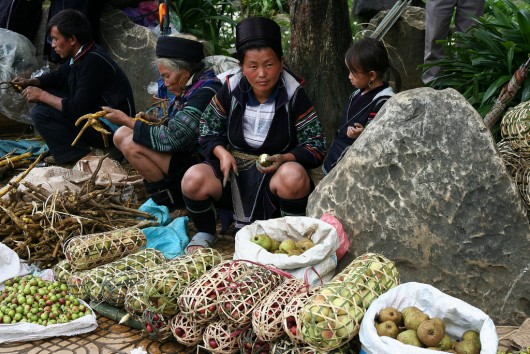World Bank Finances Poverty Reduction Projects in Laos

On August 17, the World Bank signed an agreement with the Lao People’s Democratic Republic to finance three projects aimed at increasing the efficiency and reliability of electricity, facilitating quality health and nutrition for women and children and building necessary infrastructure, such as roads, health clinics, schools and drinking water systems.
The World Bank has approved a US$68 million loan, which will be divided among the projects. The Power Grid Improvement Project will receive the greatest sum, US$30 million, with the Health and Nutrition Development Project and Poverty Reduction Fund II Project endowed with US$26.4 million and US$11.6 million respectively.
Although Laos has successfully provided most citizens with electricity, there are still problems. After a distribution loss in 2014 of 24 percent, greater than the 13 percent national average, Laos’s Xaythany district of capital city Vientiane has become the target area for the Power Grid Improvement Project.
The experience of increasing electricity efficiency will provide a building block, serving as a jumping off point for further improvements across the country.
With the Health Governance and Nutrition Development Project, the Lao PDR government aims to bolster women and children’s healthcare by providing free services. If successful, the project will reduce the instances of stunted growth and wasting from lack of nutrition. In order to accomplish better childhood nourishment, the program will promote breastfeeding.
Also on the agenda is developing a communication strategy that will effectively promote healthy child and infant feeding practices. Along with nourishment, maternal mortality will be targeted by means of providing better access to family planning resources and antenatal care.
The project also hopes to increase the number of births facilitated by a skilled health worker.
Through the Poverty Reduction Fund II Project, the Lao PDR government will work to establish infrastructure that serves the country’s marginalized communities. Schools are of particular note, as UNICEF reports that of Laos’s poorest 20 percent, only 5.3 percent are able to attend early childhood education.
Construction of drinking water systems is also important. At present, nearly 40 percent of rural inhabitants don’t have access to improved drinking water sources.
These projects are expected to substantially contribute to Laos’s development, building upon the country’s past poverty reduction success.
– Emma-Claire LaSaine
Sources: World Bank, UNICEF
Photo: Flickr
